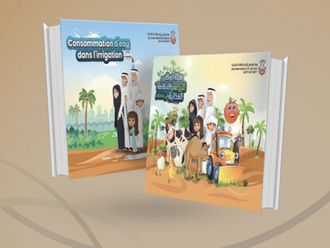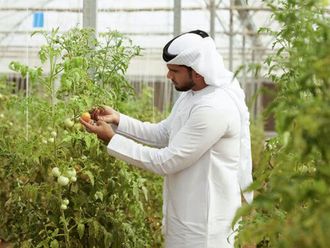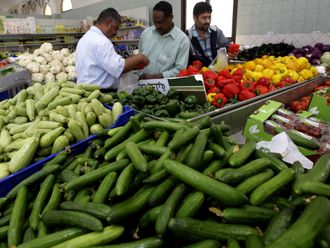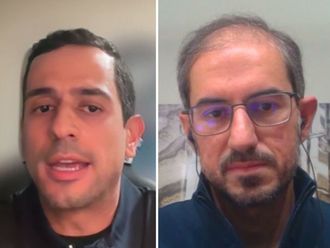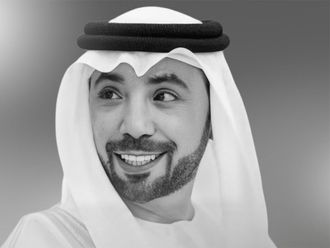Abu Dhabi: Two finalists in the eighth Zayed Future Energy Prize (ZFEP) are working on providing sustainable solutions for water scarcity in developing nations.
SNV Netherlands Development Organisation and Indonesian Kopernik are competing at the UAE-based Awards where the winners will be announced on January 16 during the upcoming Abu Dhabi Sustainability Week.
As of today, ZFEP has provided access to affordable and safe drinking water every day to 6m people.
“At SNV, we make markets work for the poor, including those directly related to agriculture, water, sanitation and hygiene, renewable energy and climate change. With this approach, from 2012-2014, we have impacted the lives of 11.7 million worldwide,” said Andy Wehkamp, Managing Director of Energy at the organisation.
In fact, the association is reflecting what the Masdar-led Global Clean Water Desalination Alliance, launched during the recent 2015 UN Climate Change Conference (COP21), has set out to do: finding efficient technologies for water desalination.
“Innovation and impact can take many forms. Smart development is not always about rolling out the latest fancy new technological solution, but just as often about finding creative ways to sustain, magnify and spread the impacts of a well-tested and effective approach.” Wehkamp added.
Meanwhile, not-for-profit Kopernik delivers sustainable energy technology to disadvantaged people In remote areas.
So far, Kopernik as funded 155 projects spanning 24 countries.
“To date, we have distributed more than 60,000 units of clean energy technologies including solar lights, solar homes systems, water filters and clean cook stoves,” said Ewa Wojkowska, Co-founder and COO of the company.
Additionally, ZFEP’s previous winners such as International Development Enterprise, which is based in India and won the award in 2010, supplied over 870,000 smallholder firms with the foot-operated KB treadle pump, an affordable and simple technology that allows farmers to tap previously inaccessible water.
As of today, ZFEP has provided access to affordable and safe drinking water every day to six million people.
With its renewable water resources below the United Nation’s water scarcity threshold of 1000 cubic metres per capita per year, the UAE is one of the driest countries in the world.
Additionally, about 10 times more energy is required to desalinate sea water than to produce consumable water from rivers and other sources.
Between 2000 and 2012, Abu Dhabi’s potable water demand rose from 1,000 million litres per day to over 3,300, according to the Regulations and Supervision Bureau.


